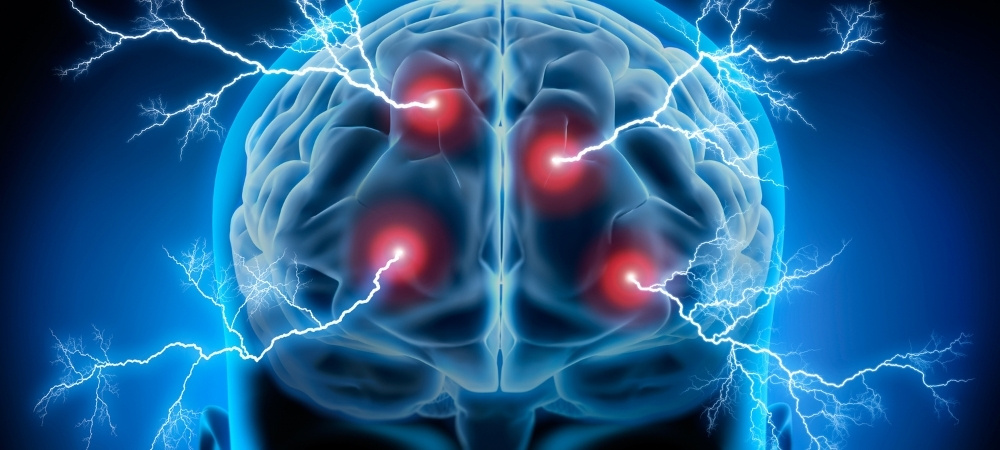What if the very fuel our brain relies on is also contributing to its decline in later years?
A new study published in Nature Metabolism (2025) has uncovered a powerful link between sugar storage in the brain and the progression of Alzheimer’s disease—offering a surprising window into prevention and treatment. At Cogmission, we believe this discovery is a game-changer, and it strongly supports the Functional Medicine model we use daily to help people stay sharp, energised, and resilient as they age.
Let’s explore what the science says—and how we translate it into practical action.
New evidence suggests excess brain glycogen can interact with tau, driving neuronal stress—and pointing to new prevention and treatment avenues.
A Groundbreaking Discovery About Glycogen and Tau
Researchers at the Buck Institute for Research on Aging report that glycogen—the stored form of glucose—may play an underappreciated role in brain degeneration. Historically viewed as a backup energy source stored mainly in the liver and muscles, glycogen also accumulates in the brain in Alzheimer’s disease and appears to interact directly with tau proteins, the toxic tangles that characterise the condition.
Here’s the twist: instead of passively sitting in neurons, excess glycogen seems to fuel cellular damage, particularly when it can’t be properly broken down due to disrupted activity of the key enzyme glycogen phosphorylase (GlyP). When tau interrupts GlyP’s function, a vicious cycle follows—glycogen builds up, tau builds up, and neurons struggle to defend themselves against oxidative stress. In animal models, increasing GlyP activity reduced brain-cell damage and extended lifespan.
The Metabolic–Tau Link: A Functional Medicine Perspective
This kind of metabolic insight is central to what we do at Cogmission. The Functional Medicine approach doesn’t treat Alzheimer’s as a one-pathway disease. Instead, we view it as a systems breakdown that can involve inflammation, toxins, metabolic dysfunction, hormonal imbalances, nutrient deficits, and impaired detoxification.
- Glucose control: Dysregulated glucose—even at subclinical levels—drives oxidative stress and inflammation, feeding the tau–glycogen dysfunction.
- Mitochondrial support: Neurons need clean, efficient energy. When sugar metabolism is faulty, mitochondria suffer and the brain’s repair systems falter.
- Dietary interventions: In the study, a low-protein diet enhanced GlyP activity in fruit flies and reduced brain damage. While not a direct human protocol, this aligns with our use of time-restricted eating, fasting-mimicking approaches, and targeted nutrient cycling to nudge brain-protective pathways.
Could GLP-1 Drugs Help?
Intriguingly, the findings connect to interest in GLP-1 agonists (e.g., Ozempic) used for diabetes and weight loss but now under study for Alzheimer’s. These drugs modulate glucose pathways and may enhance brain insulin signalling—again highlighting metabolic health as a pillar of brain longevity. We’re watching this space closely: while medications may play a role, we prioritise lifestyle, nutrition, and natural supports and integrate medications where appropriate within a personalised plan.
How We Turn This Into Action at Cogmission
Our Cognoscopy approach already assesses and supports many of the systems implicated in this research:
- Blood sugar balance: Continuous glucose monitoring (CGM), fasting insulin, HbA1c, and C-peptide.
- Neuronal energy metabolism: Mitochondrial testing and organic acid profiles.
- Toxic load & oxidative stress: Heavy-metal and mycotoxin testing, antioxidant status.
- Nutritional sufficiency: Key brain nutrients such as magnesium, B vitamins, omega-3s, and phosphatidylserine.
- Genetic vulnerability: ApoE genotype, methylation SNPs, and detox genes.
- Lifestyle & circadian alignment: Sleep, stress, exercise, and meal timing.
Every brain is different, but the principle is the same: protect neurons by restoring systemic balance.
Final Thoughts: The Brain’s Hidden Sugar Code
This research doesn’t just point to a potential new drug target—it reinforces a core Functional Medicine idea:
“Alzheimer’s is not just a brain disease—it’s a metabolic disease that begins decades before symptoms appear.”
By unravelling the relationship between glycogen, tau, and neuronal health, we can better understand how lifestyle, nutrition, and targeted interventions may help slow—or even turn back—the clock on cognitive decline. At Cogmission, we’re already applying these insights and seeing lives transformed.
Want to know your brain’s metabolic story?
Explore your Cognoscopy options or book a free discovery call.
Enquire or BookStay in the Loop
For more stories like this, insights, and practical tips, subscribe to our newsletter.
Research note: Summary adapted from a 2025 Nature Metabolism study and related commentary. Findings in animal models don’t automatically translate to humans; always seek personalised medical advice.

